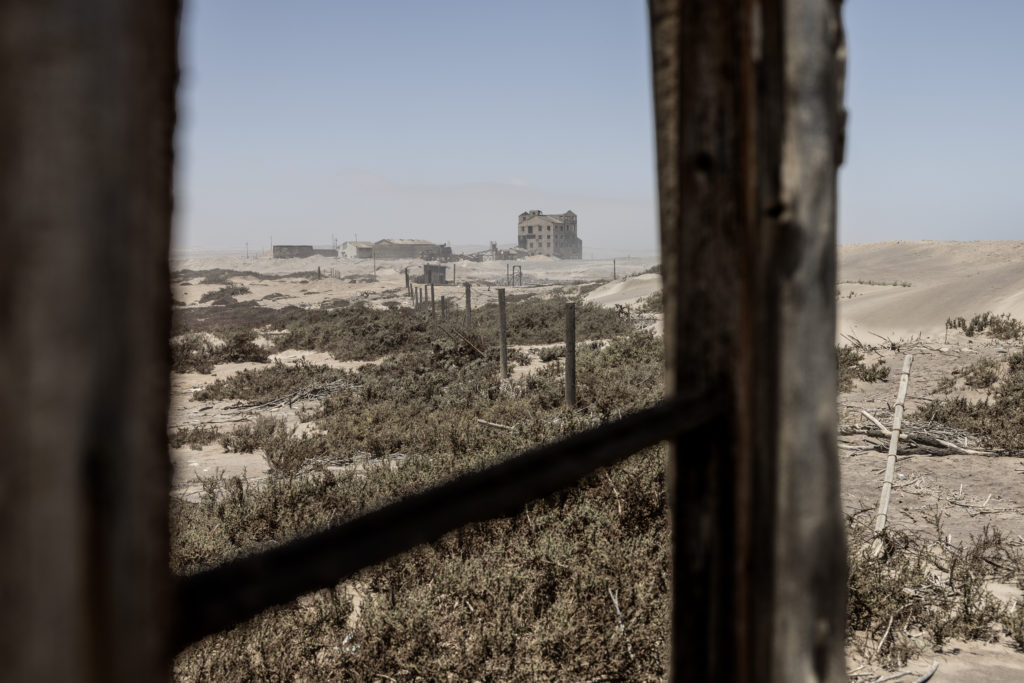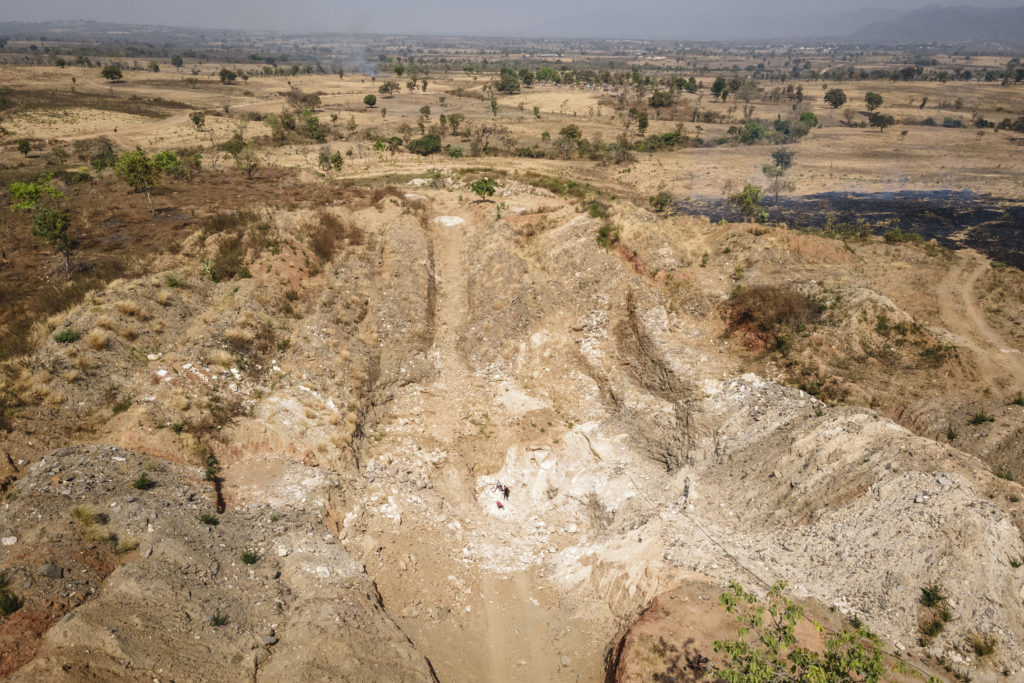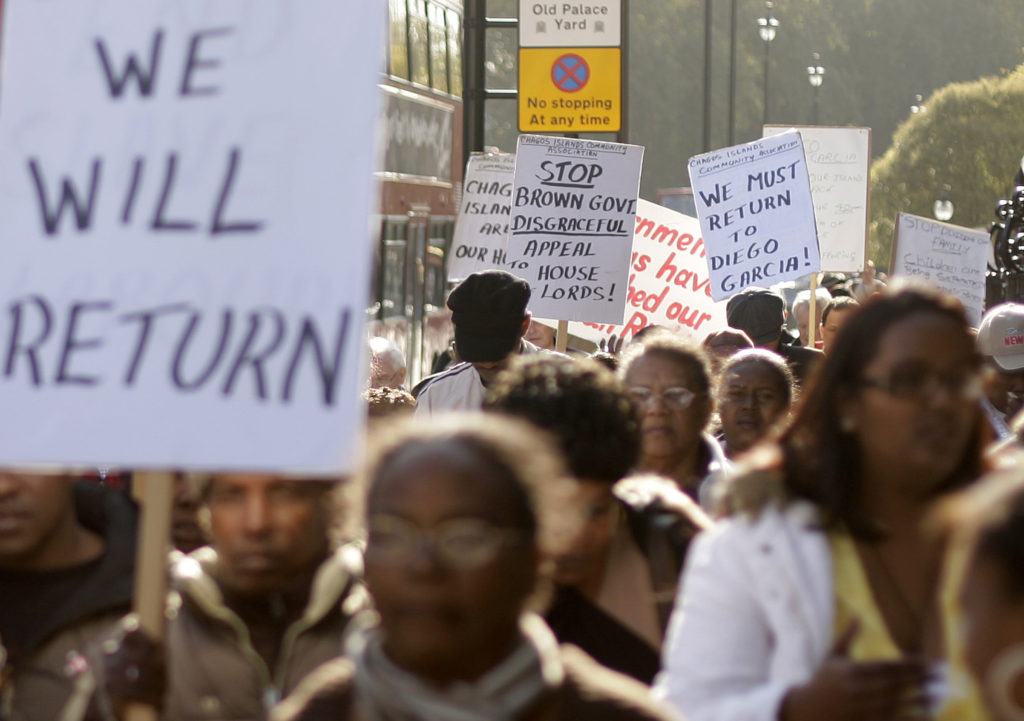South Africa’s new Expropriation Act, signed by President Cyril Ramaphosa last month, has sparked condemnation from the White House and resurfaced tensions around racial inequality and land ownership.Here is some background on the legislation and the debate around it:- What is the new law and why the backlash? -The act, signed January 23, replaces a 1975 apartheid-era law to align it with the post-apartheid constitution. It allows government to acquire private land for public purposes or in the public interest.Critics, including white farmers, are alarmed by a clause allowing for “nil compensation” — meaning that government could seize land or property without paying the owner. But “this is not a blanket no-compensation provision,” University of Stellenbosch law professor Zsa-Zsa Temmers Boggenpoel told AFP.The clause limits cases of “nil compensation” to unproductive, abandoned or derelict land or when the property is overindebted, she said. It also applies to transferring land between government ministries. It could, for example, allow the state to take over and put to use abandoned or derelict properties in central Johannesburg that are occupied by the poor and exploited by criminals. These buildings “should be expropriated… because the owners have effectively not paid any rates, not engaged in any maintenance”, said Ben Cousins, from the Institute of Poverty, Land and Agrarian Studies at the University of the Western Cape. “In those circumstances, compensation could be nil or close to nil.”But some experts say the clause could be exploited. “The government must pay fair and equitable compensation to landowners that are expropriated,” said Chris Patterson, a researcher at the Institute of Race Relations. The act is not clear on this point, he said. “The government has often admitted to inefficient and corrupt practices… so the vagueness of the act will effectively give government free pass to abuse the law,” Patterson said. – Why is land reform an issue? -While still a self-governing dominion under British rule, South Africa’s 1913 Natives Land Act restricted black people from buying or occupying land and thousands of families were forcibly moved. Its legacy is that white people — about seven percent of the population — owned 72 percent of farmland in 2017, according to government figures.Land reform is one of the most pressing issues facing the three-decade-old post-apartheid government. “Land inequality is connected to poverty, and we haven’t seen the types of shifting in land patterns that we should have seen 30 years down the line,” Boggenpoel said.- What are the main concerns? -The pro-business Democratic Alliance (DA), the second-largest party in the government of national unity, argues that “nil compensation” would be unconstitutional.It also “causes huge problems to attract growth and jobs and to attract investment,” party leader John Steenhuisen said Wednesday, adding the party would consult the courts.Right-wing AfriForum, which includes white farmers, has been among the loudest critics, saying the act could open the way for Zimbabwe-style land grabs. It will make an urgent request for an amendment that will ensure the protection of property rights, it said.US President Donald Trump weighed in at the weekend, claiming the policy allows for land “confiscation” and threatening to cut funding to the country. – How does it compare to Zimbabwe? -More than 4,000 of the 4,500 white farmers in Zimbabwe were stripped of their land when the government allowed land seizures mainly in the 2000s.”It basically set property laws to the side and said you can take back the land,” Cousins said.The country’s agricultural output plummeted. But South Africa’s act is different in that it exists in the context of legal systems and constitutional rights and provides for just evaluation of land and judicial redress, he said.Nonetheless, “if things proceed here with these major social problems facing us, it’s not inconceivable that land occupation and confiscation could take place in the future,” Cousins warned.
Thu, 06 Feb 2025 13:36:07 GMT










